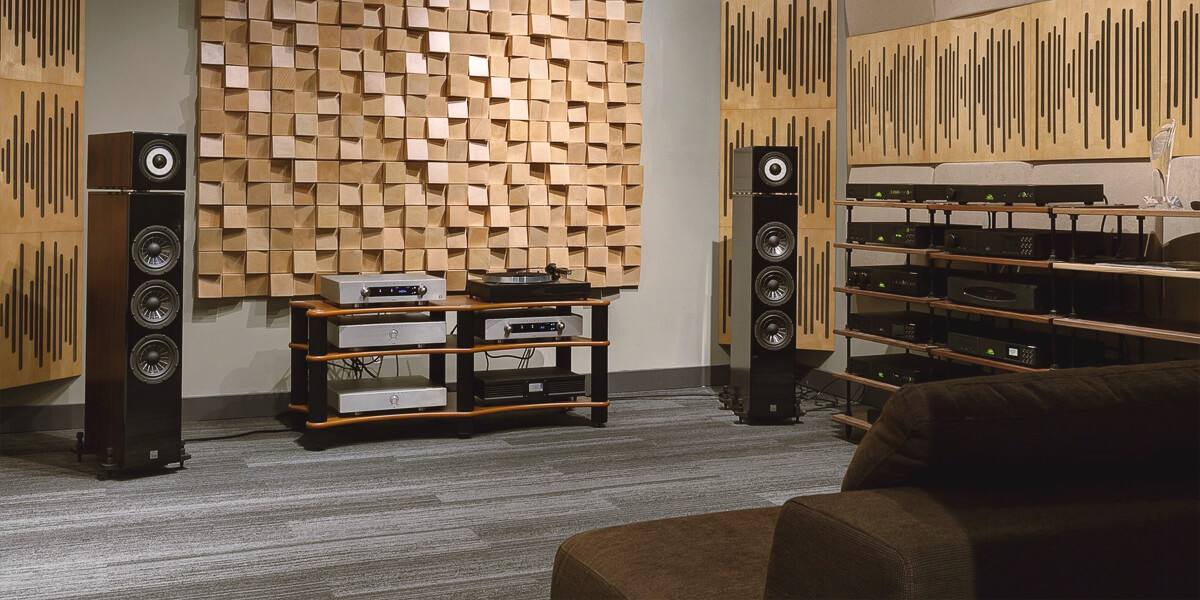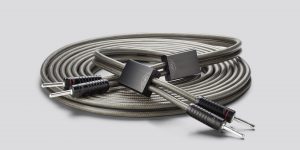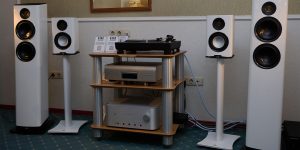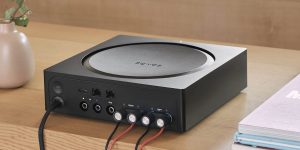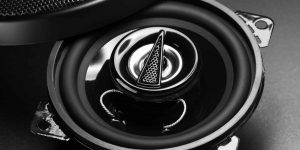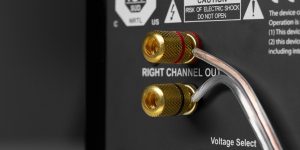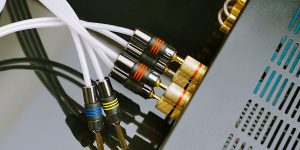Well, you are really interested in building a quality system, so you are wondering about choosing 8-ohm vs 6-ohm speakers. Let me tell you right away that you shouldn’t think higher or lower ohms are better speakers. You need to know what your system is capable of. After all, impedance does not determine sound quality. But it is an important indicator that can affect the overall listening experience. It’s all about the power of the amplifier and its compatibility with your speakers. To understand what impedance you need, in this article, I will compare the two most popular types with each other and answer common questions. It will be interesting!
Understanding speaker impedance
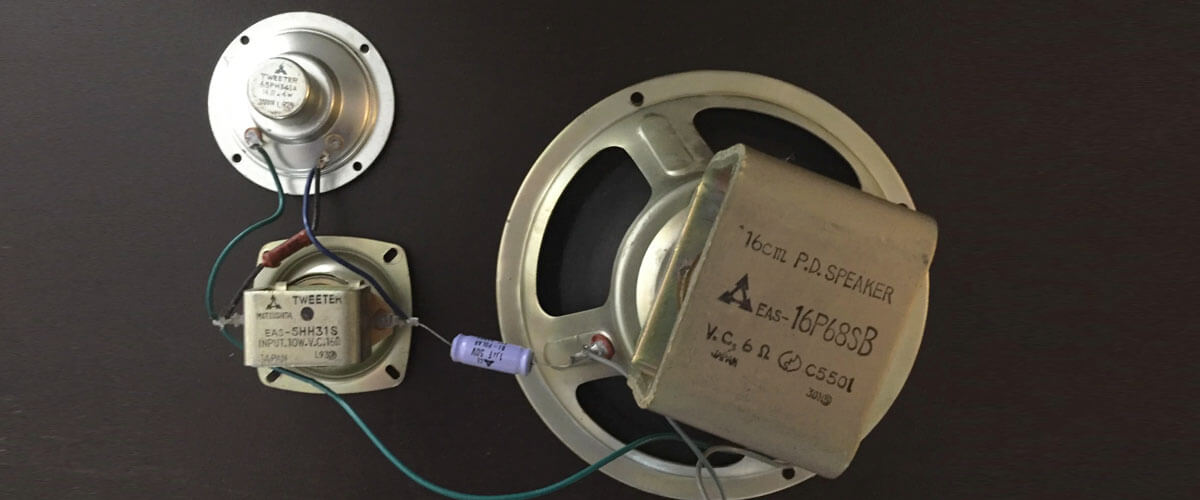
Definition of impedance
Impedance is like a speaker’s personality determining its interaction with an audio signal. In technical terms, it measures the resistance an electrical circuit offers to the passage of alternating current. Simply put, it is how much resistance a speaker offers to the music passing through it. Impedance is measured in Ohms and plays a critical role in shaping the speaker’s behavior.
How impedance affects speaker performance
Impedance is not just a boring technical characteristic. It affects several aspects of its performance, including power requirements, sound quality, and amplifier compatibility.
Let’s get into all of these subtleties.
First, power requirements: Think of impedance as the speaker’s appetite. A speaker with a low impedance, such as 6 ohms, will require more power from the amplifier to reach the same volume as a speaker with a higher impedance, such as 8 ohms.
Now let’s talk about sound quality. Impedance affects the electrical current flowing through a speaker’s voice coil, ultimately affecting sound reproduction. Speakers with lower impedance tend to be more demanding regarding volume and dynamics. On the other hand, a higher impedance speaker may require less power but still exhibit a smoother and more controlled sound.
Third, impedance also plays a role in speaker and amplifier compatibility. While most modern amplifiers can handle 6- and 8-ohm speakers, I recommend checking to see if the amplifier can handle the lower impedance if you choose 6-ohm speakers. Connecting lower-impedance speakers when operating for extended periods may cause the amplifier to overheat or distort the sound.
Comparing 6 Ohm vs. 8 Ohm speakers
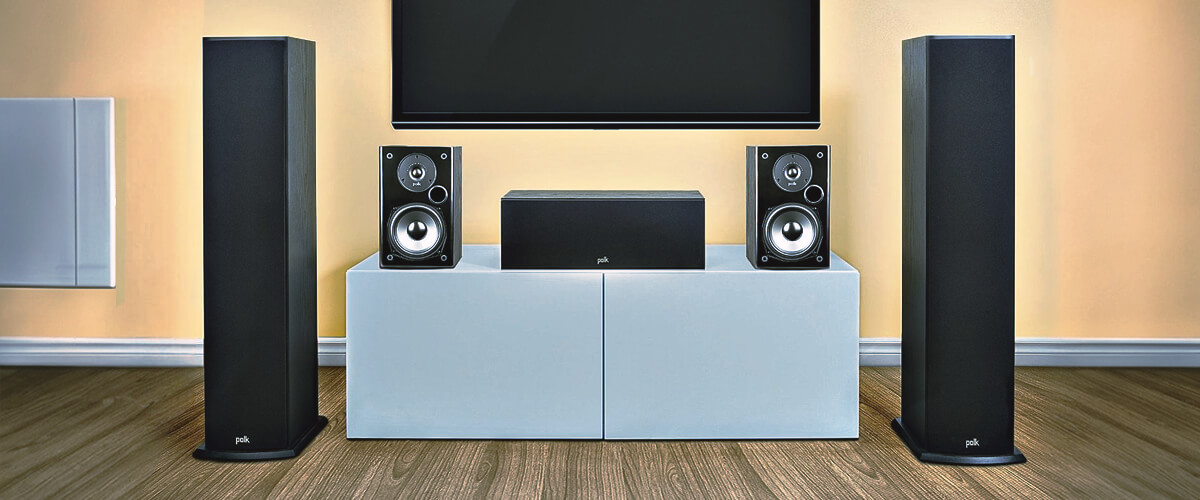
To help you decide which 6-ohm vs. 8-ohm speakers you should choose, let’s break down a few of the main differences between them:
Sound quality differences
As I’ve written before, the difference in impedance between 6-ohm and 8-ohm speakers can affect sound quality. Generally, 6-ohm speakers have a lower electrical impedance, which can result in more current flowing through the amplifier. This may result in a slightly louder and more dynamic sound reproduction than 8-ohm speakers.
Power requirement differences
6-ohm speakers require more power from the amplifier to reproduce the same volume level as 8-ohm speakers. And distortion or poor performance may result if the amplifier cannot provide enough power for lower-impedance speakers.
Compatibility with different amplifiers
Both 6- and 8-ohm speakers are compatible with most modern amplifiers. However, it is important to ensure that the amplifier can handle the lower impedance of 6-ohm speakers. Usually, this information can be found on a sticker on the amplifier itself or in the datasheet. Remember that some amplifiers may have a minimum impedance rating, and connecting speakers with lower impedance may cause the amplifier to overload or overheat. Therefore, I strongly recommend reading the manufacturer’s comments.
Impact on the longevity of audio equipment
The choice between 6-ohm and 8-ohm speakers may affect the longevity of the speakers themselves as well as other equipment in the audio system (e.g., amplifier). For example, using 6-ohm speakers with an 8-ohm amplifier may not cause immediate damage to the equipment. However, continuous use of the amplifier beyond the recommended specifications may result in increased heat generation and potential long-term stress on the amplifier, adversely affecting its longevity if it is not designed for such loading.
For a clearer understanding, please refer to the table below:
| Feature | 6-ohm Speakers | 8-ohm Speakers |
|---|---|---|
| Sound Quality Differences | Generally offers slightly louder and more dynamic sound reproduction due to lower electrical resistance | May exhibit smoother and more controlled sound due to higher electrical resistance |
| Power Requirement Differences | Requires more power from the amplifier to reach the same volume level as 8-ohm speakers | Requires less power from the amplifier compared to 6-ohm speakers |
| Compatibility with Different Amplifiers | Compatible with most modern amplifiers, but it is crucial to ensure that the amplifier can handle the lower impedance | Compatible with most modern amplifiers |
| Impact on the Longevity of Audio Equipment | Should not cause immediate damage to the equipment, but consistent use beyond the recommended specifications may lead to increased heat generation and potential stress on the amplifier |
FAQ
Can I use 6-ohm speakers with an 8-ohm receiver?
Yes, you can use 6-ohm speakers with an 8-ohm receiver; it is safe and will not cause damage to system components. However, using the most compatible figures is always better, as the amplifier’s overload may occur.
What happens if I use 6-ohm speakers with an 8-ohm amp?
Using 6-ohm speakers with an 8-ohm amplifier may cause the amplifier to draw slightly more current. The amplifier will work harder and may reach its power limit sooner. Therefore, I recommend monitoring the amplifier’s temperature and avoiding listening at high volume for long periods to avoid overheating.
Is higher impedance better for speakers?
The nominal impedance in ohms indicates how the speaker is powered. The lower the impedance, the more efficient it is at driving an electrical signal through the speaker. So neither higher nor lower impedance is inherently better for speakers. The ideal impedance depends on the specific speaker design and intended application. To achieve optimum performance, it is important to match the impedance of the speakers to the amplifier’s capabilities.
What are the disadvantages of high impedance?
Higher-impedance speakers may require more power from the amplifier to achieve the desired volume level. This may limit the maximum output volume and result in reduced dynamic range. In addition, higher-impedance speakers may be more sensitive to power loss with long cable runs (more than 10m).

